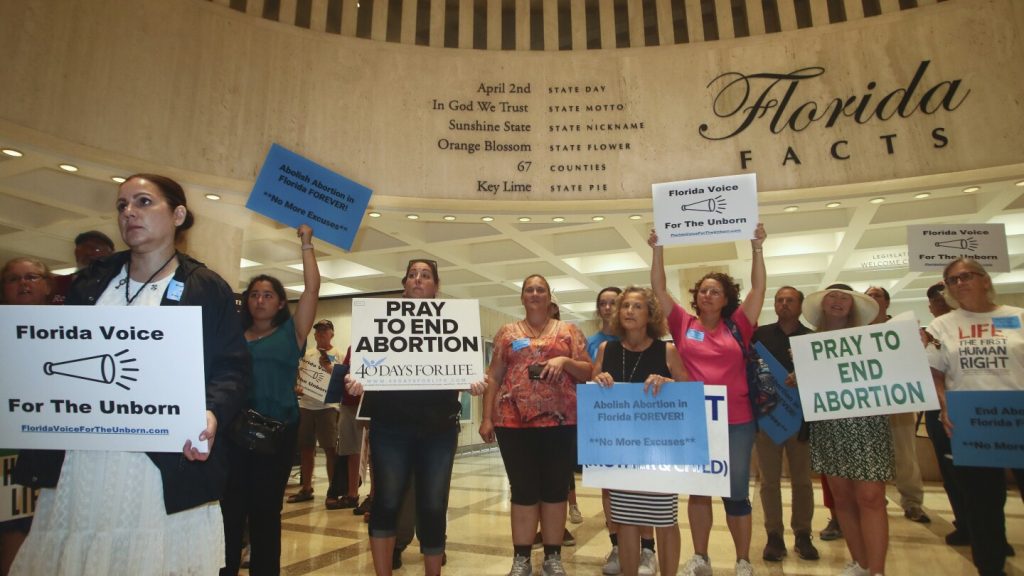Arizona is one of the states where the issue of abortion may be on the ballot in 2024. Following the 2022 decision by the U.S. Supreme Court, most Republican-controlled states have implemented new abortion restrictions, including bans at every stage of pregnancy. On the other hand, most Democrat-dominated states have laws or executive orders in place to protect access to abortion. Efforts have been made in various states across the country to put abortion rights questions to voters since the overturning of Roe v. Wade.
In some states, the path to getting abortion-related measures on the ballot is not clear-cut. Some efforts have failed to reach the ballots, such as in Wisconsin, where a measure to ban abortion after 14 weeks did not receive a state Senate vote, and in Louisiana, where a measure to enshrine abortion rights in the state constitution died in committee. In Maine, a similar measure fell short of receiving the necessary approval. Despite these challenges, advocates in various states continue to push for ballot measures to protect abortion rights.
In Florida, advocates have collected nearly a million signatures to put a state constitutional amendment on the ballot to legalize abortion until viability. Sixty percent of voters would need to approve the measure for it to take effect. Maryland voters will also be asked whether to enshrine the right to abortion in the state constitution, while in New York, lawmakers have agreed to ask voters to ban discrimination on the basis of pregnancy, pregnancy outcome, and reproductive healthcare as part of a broader equal protection amendment.
Efforts are also underway in states like Arkansas, Colorado, Missouri, Montana, Nebraska, Nevada, and South Dakota to put abortion-related measures on the ballot in 2024. These measures range from protecting abortion rights until viability to banning access throughout pregnancy. In Colorado, there are dueling efforts on abortion, with one measure aiming to ban access throughout pregnancy and the other seeking to protect it in the state constitution. Various deadlines for collecting signatures and submitting measures to get on the ballot have been established in these states.
There are some states where the balance of power or other circumstances make it unlikely for abortion-related measures to reach voters in 2024. In states like Iowa and Pennsylvania, amendments seeking to find no constitutional right to abortion have been considered, but political dynamics make it unlikely for these measures to pass. Overall, the issue of abortion continues to be a contentious and important topic in various states, with advocates on both sides working to shape abortion policies through ballot measures and legislative actions.


